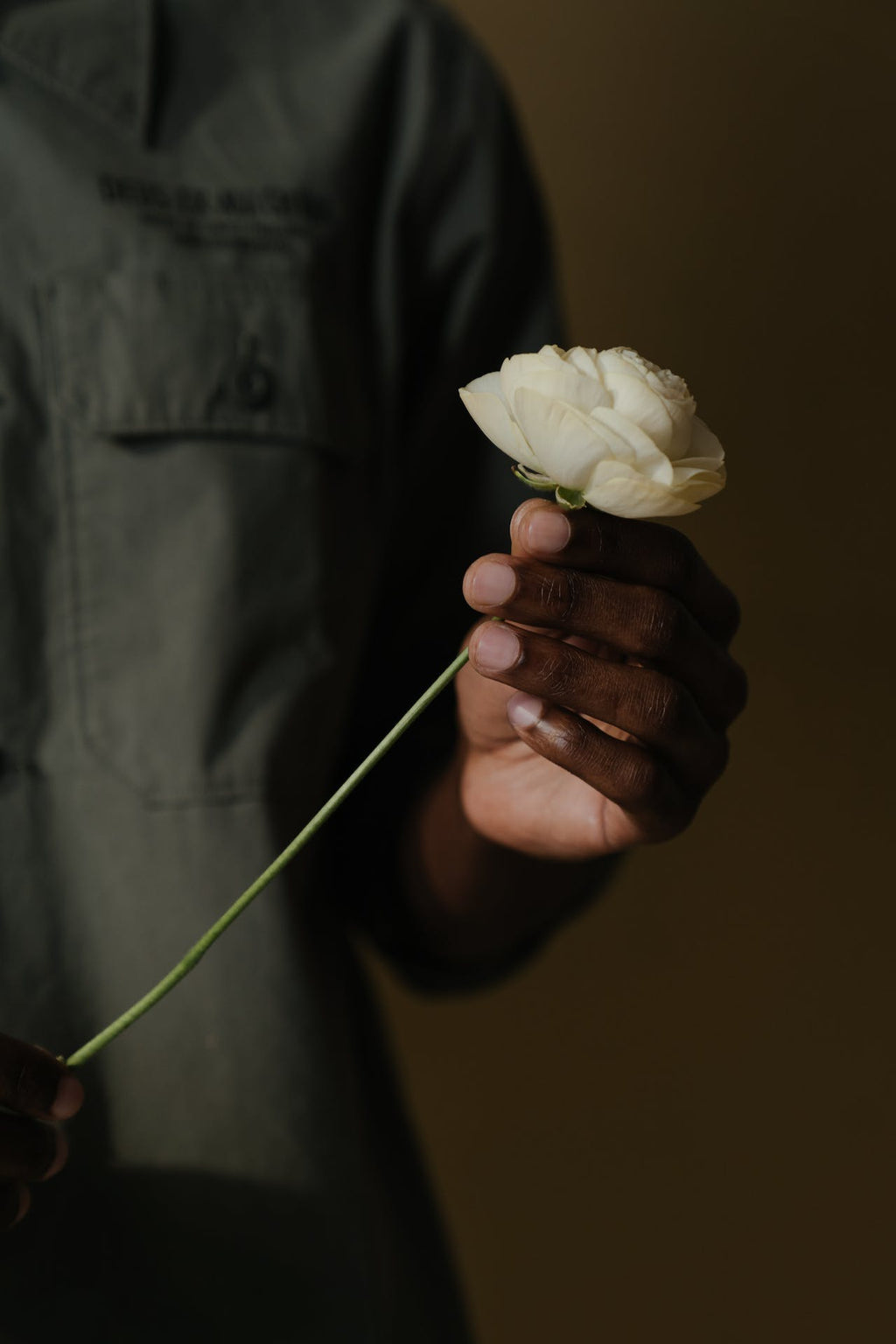Floristry is an art form that requires both creativity and technical skill. Master florists have spent years honing their craft and learning the various aspects of this beautiful profession. Whether you're an aspiring florist or simply interested in the world of flowers, understanding these essential aspects of floristry can deepen your appreciation for the art and help you create stunning floral arrangements.
1. Flower Anatomy and Physiology
Master florists possess in-depth knowledge of flower anatomy and physiology. They understand the different parts of a flower, such as the petals, sepals, stamens, and pistils. They also know how flowers grow, reproduce, and respond to environmental factors. This knowledge allows them to select the right flowers for specific arrangements and ensure their longevity.
2. Color Theory and Design Principles
Creating visually appealing floral arrangements requires an understanding of color theory and design principles. Master florists know how to combine different colors, textures, and shapes to create harmonious and balanced compositions. They consider factors such as color harmony, contrast, and focal points to create arrangements that are both aesthetically pleasing and emotionally impactful.
3. Flower Selection and Care
Choosing the right flowers for an arrangement is crucial. Master florists have a deep understanding of the characteristics and symbolism associated with various flowers. They consider factors such as bloom time, fragrance, and durability when selecting flowers. Additionally, they know how to properly care for flowers, including techniques for conditioning, hydration, and preservation.
4. Floral Design Techniques
Master florists are skilled in a wide range of floral design techniques. They can create intricate arrangements using techniques such as wiring, taping, and foam manipulation. They also have expertise in different styles of floral design, including traditional, modern, and avant-garde. Their technical proficiency allows them to bring their creative visions to life.
5. Event and Seasonal Design
Floristry often involves creating arrangements for specific events and occasions. Master florists understand how to design floral arrangements that complement the theme and atmosphere of an event. They also consider the seasonal availability of flowers and incorporate seasonal elements into their designs. This ensures that the arrangements are not only visually stunning but also contextually appropriate.
6. Business and Customer Service Skills
Running a successful floristry business requires more than just floral expertise. Master florists have honed their business and customer service skills to provide exceptional service to their clients. They understand the importance of effective communication, time management, and pricing strategies. They also know how to build and maintain relationships with customers, suppliers, and other industry professionals.
Mastering these aspects of floristry takes time, dedication, and a genuine passion for flowers. Whether you're a master florist or an admirer of floral artistry, understanding these essential aspects can deepen your appreciation for the skill and creativity that goes into creating stunning floral arrangements.



